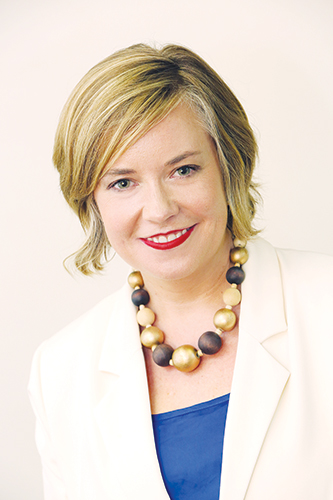Time is quickly running out to deal with New South Wales’s (NSW) impending waste and recycling crisis, which is among the highest environmental issues facing councils across our State and Australia as a whole.
Rapidly approaching waste export ban deadlines, inadequate waste and recycling infrastructure and the lack of a cohesive, comprehensive State plan to address this growing problem is an increasing concern to NSW councils.
Councils have always been at the forefront of dealing with waste and recycling, but limited funding and capacity means they rely on State and Federal support.
Local Government NSW (LGNSW) has been calling on all tiers of government for decades to partner with councils to drive improvements, most recently through our Save Our Recycling campaign.
I am pleased to report we are finally beginning to see progress, with both State and Federal governments announcing recent funding and regulatory initiatives that reflect some of the changes we’ve been calling for.
Among the most recent is January’s NSW Government announcement of a $35 million Remanufacture NSW program, designed to match industry funding for projects that turn waste into a reusable product.
Remanufacture NSW is jointly funded from the Commonwealth’s $190 million Recycling Modernisation Fund – which is expected to leverage around $600 million towards waste diversion and create around 10,000 related jobs across Australia.
These are positive steps forward, but to make waste a product rather than a problem there is so much more needs to be done.
One of the most pressing priorities is for State and Federal governments to liaise more with councils in developing plans and funding priorities.
Councils are best placed to know the recycling gaps and infrastructure needs of their communities and regions, and it is ludicrous not to tap into their expertise.
Many NSW councils, as well as LGNSW and the Australian Local Government Association, have called on the Commonwealth Government to give local government a voice on the national cabinet it formed last year in reaction to the multiple crises we faced at the time.
Ironically, councils were at the frontline of dealing with those crises, such as drought and bushfires, but had no seat at the decision-making table. We continue to press for that to change.
Which leads to the other environmental issue NSW councils are making inroads on – our changing climate.
LGNSW has partnered with the NSW Government to provide funding support for council-driven initiatives that address climate change risks through the $2.8 million Increasing Resilience to Climate Change program.
So far funding has helped support research into flood gating systems, adapting domestic water supplies, vegetation and heat adaptation strategies, and addressing urban heat through better land use, to name just a few.
One of the key reasons I first became a councillor was my personal conviction that action at a local government and grassroots level is the most effective way to fix the pressing environmental issues we face.
As a City of Sydney councillor and president of both LGNSW and ALGA, I am proud of the progress councils have made even in just the past few years. But we have a long road ahead and we must remain focussed, because half measures will not win the day.

















